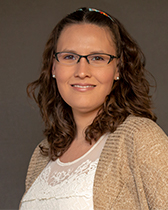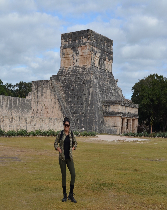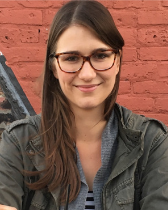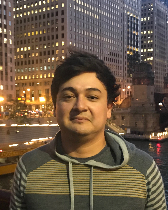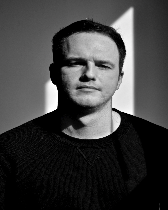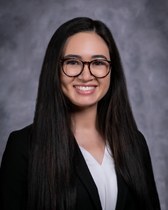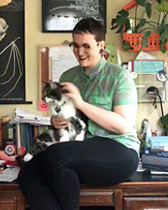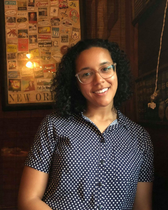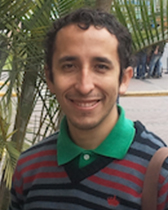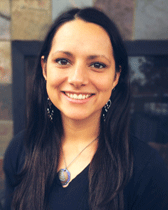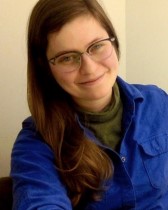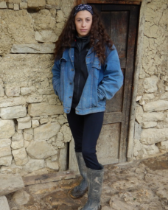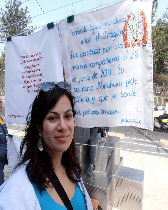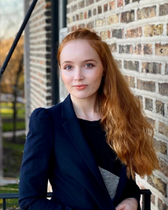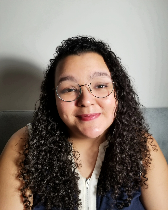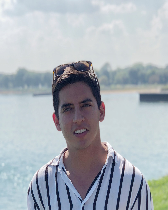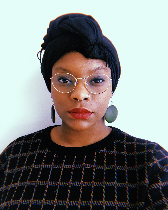
Ashley Agbasoga
E-mail: ashleyagbasoga2021@u.northwestern.edu
Ashley Ngozi Agbasoga is a Ph.D. Candidate in the Department of Anthropology with a graduate certificate in African-American Studies at Northwestern University. She received her B.A. in Anthropology at Brooklyn College of the City University of New York in 2015. Her dissertation, titled We Dance With Existence: Black-Indigenous Placemaking in the Land Known as México and Beyond, illuminates how Black, Indigenous, and Black-Indigenous women engage in placemaking practices that reveal and unsettle notions of race, place, and (nation-) statehood in México. Agbasoga’s dissertation research merges ethnographic and archival research conducted from 2016-2020 in Guerrero, Oaxaca, Veracruz and Mexico City with theories and methodologies from Anthropology, History, Black Studies, and Native/Indigenous Studies.

